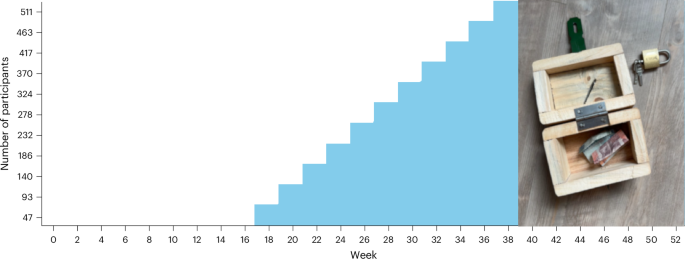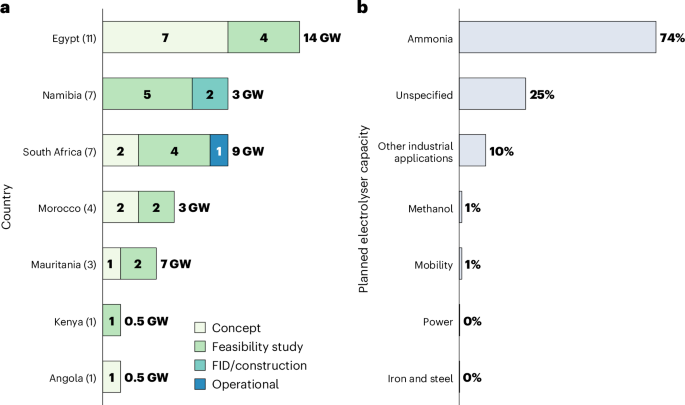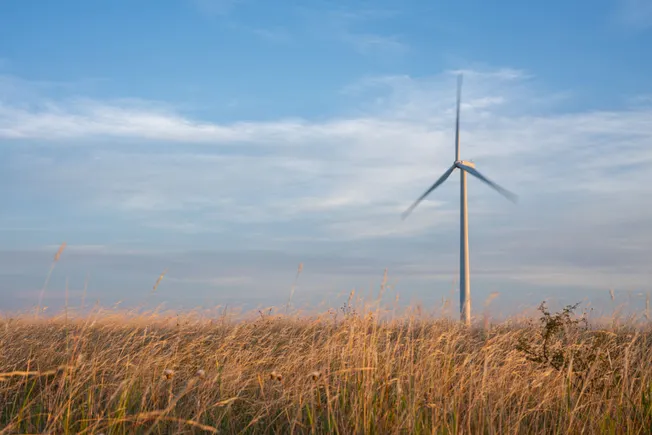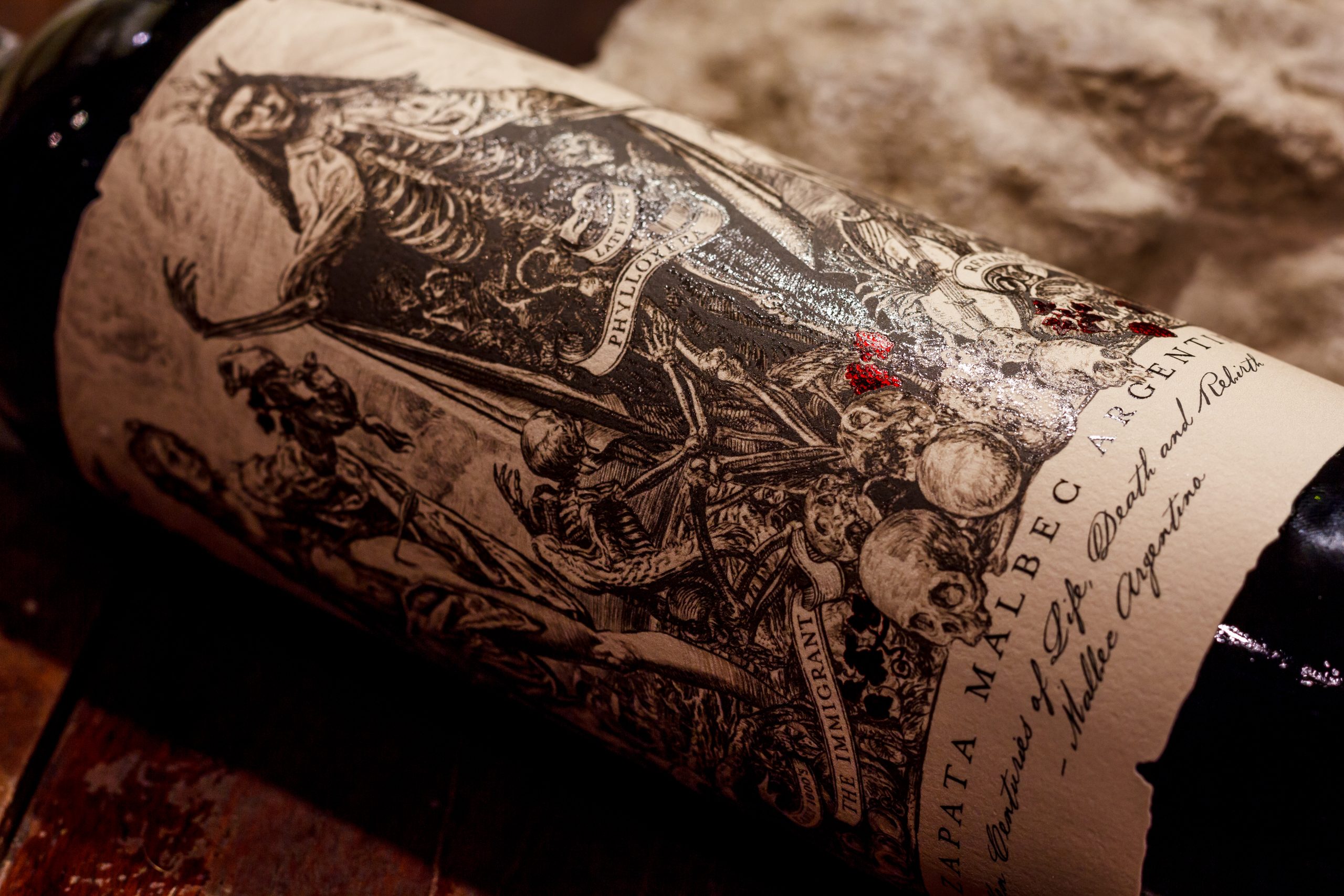The South American wine company has almost halved its CO₂ emissions five years ahead of schedule.

VSPT Wine Group, which owns brands including Leyda, Graffigna and San Pedro, has slashed its carbon emissions per litre of wine produced by 47%, compared to its 2019 baseline year (when it began working towards this goal).
The feat was achieved well in advance of VSPT's initial target of reducing its carbon footprint (Scopes 1, 2 and 3) by 40% by 2030, with the wine group meeting and exceeding its CO₂ goal in early 2025. The company, which produces 17 million cases of wine per year, also plans to send zero waste to landfill by 2030.
How did they do it?
According to Carolina Gotuzzo, corporate affairs and sustainability director at VSPT, the group managed to significantly cut its carbon by "switching to clean energy sources and reducing the use of agrochemicals in vineyards", as well as "continuously optimising its production processes" to conserve energy.
Currently, VSPT’s industrial operations are powered with 100% renewable energy and the company generates 42% of its own renewable electricity— 14% from solar panels installed on its estates and 86% from a biogas plant in Chilean city Molina where clean electricity is produced "from organic waste from the grape harvest".
"It is very important for us to achieve milestones on our way to becoming Net Zero by 2050," says Gotuzzo. "These are ambitious goals that require an interdisciplinary effort among different company areas, as well as the commitment of our suppliers and strategic partners, who play a key role in achieving them."
Gotuzzo added that VSPT was "making eco-design a priority in its strategy" and has set out to "accelerate its water efficiency efforts, incorporating greater precision and more technology."
IWCA member
Furthermore, VSPT became
the first Latin American 'Gold Member' of International Wineries for Climate Action (IWCA) in February 2023, a status it has maintained ever since.
While VSPT is one of the globe's biggest wine producers, last year IWCA revealed it was
extending its membership to 'micro wineries', making it possible for smaller players in the industry to join the collective effort. The organisation founded in 2019 by Spain’s Familia Torres and California’s Jackson Family Wines, wants to make itself more inclusive to all.
“I think it’s fantastic that the IWCA created the micro-winery membership option for small family wineries that are doing the work to reduce their emissions, but don’t have either the staff bandwidth, or the volume of sales to justify the higher fees,” Suzanne Hunt, co-owner of Hunt Country Vineyards in the Finger Lakes, New York State, told
db about why she is considering joining the IWCA affiliation.
Josep Ribas, founding board member of
IWCA, added: “We want IWCA to be a global organisation that is inclusive and open to all… whether they are small, medium or large, no matter where they are based,” says Ribas. “This new aspect of our certification is to enrich the group by ensuring this proactively searched diversity.”
Indigenous winemaking
Earlier this year,
db revealed that VSPT's Tayu project launched to
support indigenous winegrowers in Chile's Malleco Valley was hitting its stride with an expanded export programme to include the UK market. The collaboration between the wine giant and Chile’s indigenous Mapuche communities (which make up about 8% of the nation's population) sees Mapuche families plant and tend their own vineyards before selling their grapes to VSPT in order to make a Pinot Noir.
According to Rachael Pogmore, South America buyer for Tayu’s UK importer Enotria & Coe, it has “taken years to build the trust [with VSPT]” because of the constant uphill struggles the Mapuche have endured.
“There’s a certain amount of scepticism with any big company coming in, and lots of transparency required,” she says.
However, what started off with just two Mapuche families has today grown to 11 families cultivating 30ha in Malleco and VSPT now plans to cast the net wider in terms of inviting more Mapuche families to join the Tayu fold. “We will be looking to expand our reach into other communities in the region,” said Marcela Burgos Abad, premium sales manager for VSPT.
The company is also considering widening the Tayu product range and intends to plant Chardonnay as part of the project.

 VSPT Wine Group, which owns brands including Leyda, Graffigna and San Pedro, has slashed its carbon emissions per litre of wine produced by 47%, compared to its 2019 baseline year (when it began working towards this goal).
The feat was achieved well in advance of VSPT's initial target of reducing its carbon footprint (Scopes 1, 2 and 3) by 40% by 2030, with the wine group meeting and exceeding its CO₂ goal in early 2025. The company, which produces 17 million cases of wine per year, also plans to send zero waste to landfill by 2030.
VSPT Wine Group, which owns brands including Leyda, Graffigna and San Pedro, has slashed its carbon emissions per litre of wine produced by 47%, compared to its 2019 baseline year (when it began working towards this goal).
The feat was achieved well in advance of VSPT's initial target of reducing its carbon footprint (Scopes 1, 2 and 3) by 40% by 2030, with the wine group meeting and exceeding its CO₂ goal in early 2025. The company, which produces 17 million cases of wine per year, also plans to send zero waste to landfill by 2030.






















































































![[Video] The Weekly Break Out Ep. 20: Pacific policy in Singapore and the UK’s new defense plan](https://breakingdefense.com/wp-content/uploads/sites/3/2025/06/Break-Out-ep-20-thumb-Play-Button.jpg?#)



























































